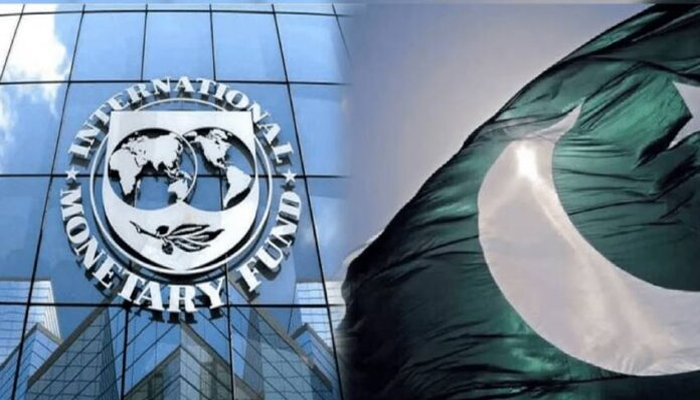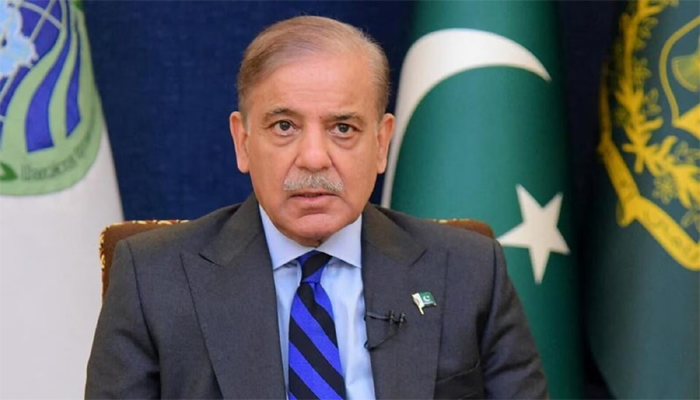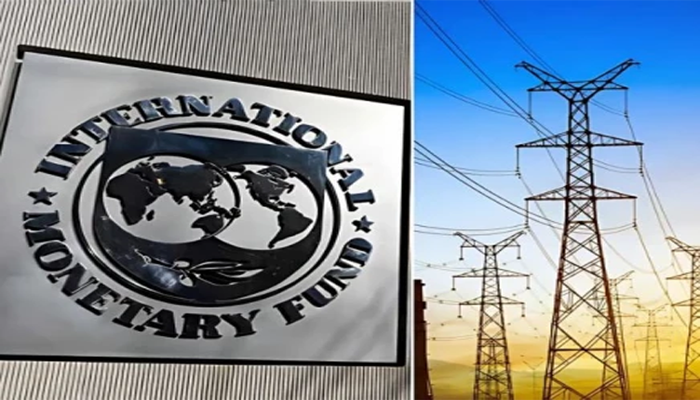ISLAMABAD: In a significant development, the International Monetary Fund (IMF) has turned down Pakistan's request to reduce taxes on property transactions. This rejection comes as Islamabad struggles to meet the conditions for securing a staff-level agreement, which would pave the way for further financial assistance.¹
According to sources, the IMF also refused to lower withholding tax by 2% and rejected Pakistan's request for tax relief on tobacco and beverages. Furthermore, there was no agreement on relaxing Pakistan's revenue targets for March 2025, making it harder for the government to meet its fiscal commitments under the IMF programme.
To finalize the staff-level agreement, Pakistan will be required to provide additional guarantees. The IMF has also set a condition preventing provinces from intervening in wheat procurement. However, the global lender has shown willingness to incorporate climate finance into the programme, offering financial assistance for climate-related initiatives under the Resilience and Sustainability Facility.
With key tax relief requests denied, Pakistan faces further pressure to implement tough fiscal measures. The government must now provide additional assurances to unlock the next tranche of IMF funding. This development highlights the challenges Pakistan faces in meeting the IMF's conditions, which are crucial for securing further financial assistance.
The IMF's decision to reject Pakistan's request to reduce property taxes is significant, as it emphasizes the need for transparency and tax compliance in the property sector. This sector plays a critical role in Pakistan's economy








